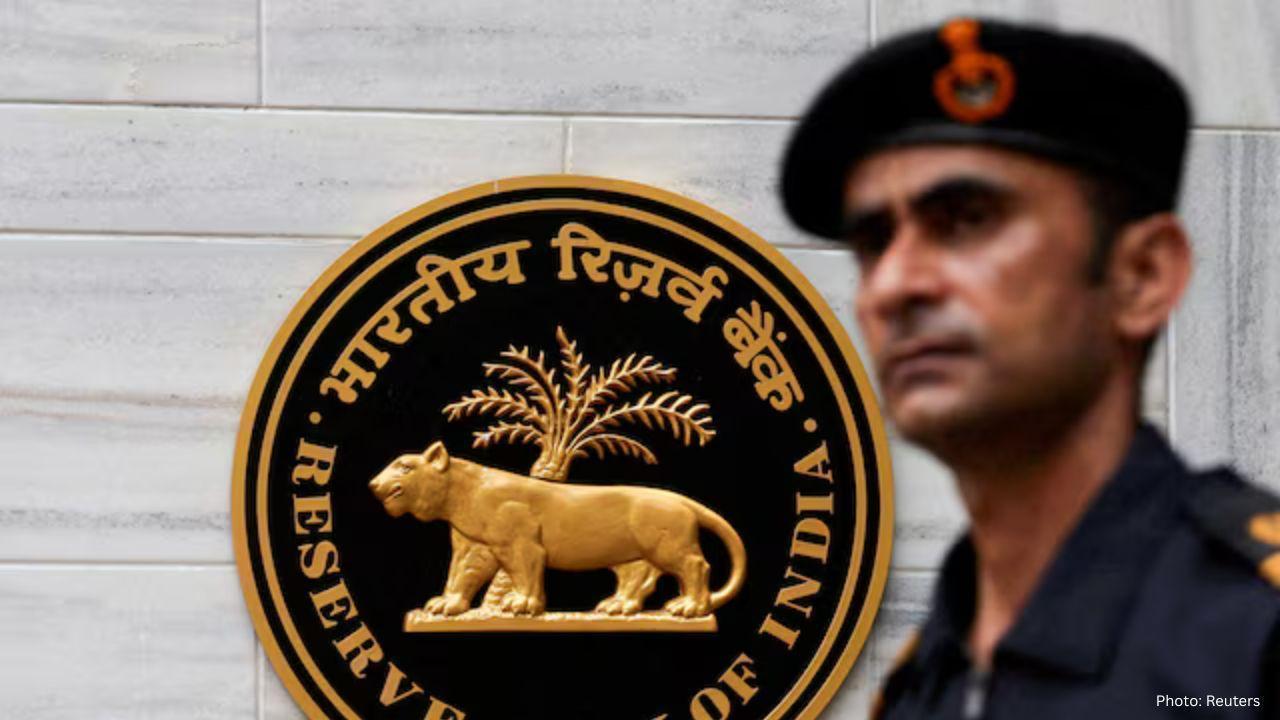You have not yet added any article to your bookmarks!

Join 10k+ people to get notified about new posts, news and tips.
Do not worry we don't spam!

Post by : Anis Farhan
The year 2025 has seen Malaysia grappling with a judicial storm unlike any in recent history. At the heart of the crisis is the controversy surrounding judicial appointments, which has sparked nationwide protests from lawyers, judges, and civil society organizations. For a country that has prided itself on democratic progress since the political transitions of the past decade, the perception of executive interference in judicial processes threatens to undo years of reform. The protests, though rooted in legal disputes, have grown into a broader movement about the role of independent courts in safeguarding democracy.
The crisis began with the government’s decision to delay or alter certain key judicial appointments, allegedly to favor judges seen as sympathetic to executive interests. Critics argue that this undermines the judiciary’s constitutional role as an independent check on government power. Proponents of the government’s position insist that such measures are necessary to maintain “balance and accountability” within the system. Yet, for many Malaysians, the optics are clear: political maneuvering has seeped into the courts, raising the specter of compromised justice.
The Malaysian Bar Council has taken a historic step by organizing public marches and peaceful demonstrations, something rarely seen in the country’s legal community. Thousands of lawyers dressed in their traditional black and white attire marched to highlight the erosion of judicial independence. Their demands are straightforward—uphold the integrity of the appointment process, safeguard the impartiality of judges, and prevent political meddling. The visual of legal professionals taking to the streets has galvanized public attention and drawn parallels with earlier democratic struggles in the country.
Beyond lawyers, civil society groups, academics, and student organizations have joined the protests. They view the judiciary not only as a technical institution but as a vital pillar of democracy that guarantees fair trials, human rights protections, and equality before the law. The protests have drawn support from Malaysians across diverse ethnic and social backgrounds, underscoring the judiciary’s symbolic role as a protector of all citizens. Social media has amplified these voices, with hashtags calling for #JudicialIndependence trending nationally.
Malaysia’s struggle over judicial independence is not new. The infamous 1988 judicial crisis, when several top judges were removed in a politically charged episode, remains a reference point in current debates. That event left scars on the country’s legal system for decades. The current controversy revives painful memories and raises questions over whether history is repeating itself. Many protesters argue that Malaysia must learn from the past and prevent executive dominance over the judiciary from becoming normalized.
The protests have created ripples within Malaysia’s political landscape. Opposition parties have seized on the issue, framing it as evidence of the ruling coalition’s disregard for democratic norms. Some members of the government have tried to downplay the controversy, emphasizing stability and economic development over what they term “institutional disputes.” However, with public sentiment leaning toward defending judicial independence, the government faces mounting pressure to clarify its stance and restore confidence.
Malaysia’s judicial crisis has not gone unnoticed beyond its borders. Regional human rights organizations and international legal bodies have expressed concern over the developments. The crisis is particularly significant given Malaysia’s aspiration to be seen as a democratic leader in Southeast Asia, where many countries still struggle with authoritarian governance. The erosion of judicial independence risks tarnishing this image and may even affect foreign investment, as businesses depend on transparent and impartial courts to resolve disputes.
Malaysia’s constitutional monarchy plays a subtle yet critical role in this unfolding drama. Judicial appointments in Malaysia involve not only the executive but also the monarch, who traditionally acts on the advice of the Prime Minister. Activists have called upon the monarchy to safeguard judicial independence, invoking its symbolic duty to uphold constitutional integrity. The delicate balance between royal prerogatives, executive authority, and judicial autonomy has become a subject of national debate.
What makes the protests particularly significant is their broader democratic undertone. For many Malaysians, defending judicial independence is synonymous with defending democracy itself. The courts are seen as the last line of defense against abuse of power, corruption, and political manipulation. The protests are thus not only about technicalities of appointments but also about the kind of country Malaysians want to live in—one governed by law, not political expedience.
The coming months will be decisive. The government faces mounting pressure to demonstrate transparency in the appointment process and ensure judicial independence. The Bar Council and civil society groups have vowed to sustain peaceful protests until reforms are enacted. Observers suggest that unless decisive steps are taken, Malaysia risks sliding into another prolonged institutional crisis. At stake is not only the credibility of the courts but the trust of the people in their democracy.
This article is written under the editorial standards of Newsible Asia for informational purposes only. It reflects ongoing developments and perspectives based on available reports as of September 2025.










Ranveer Singh’s Dhurandhar Hits ₹1000 Cr Despite Gulf Ban Loss
Dhurandhar crosses ₹1000 crore globally but loses $10M as Gulf nations ban the film. Fans in holiday

China Claims India-Pakistan Peace Role Amid India’s Firm Denial
China claims to have mediated peace between India and Pakistan, but India rejects third-party involv

Mel Gibson and Rosalind Ross Split After Nearly a Decade Together
Mel Gibson and Rosalind Ross confirm split after nearly a year. They will continue co-parenting thei

Rashmika Mandanna, Vijay Deverakonda Set to Marry on Feb 26
Rashmika Mandanna and Vijay Deverakonda are reportedly set to marry on February 26, 2026, in a priva

FIFA Stands by 2026 World Cup Ticket Prices Despite Fan Criticism
FIFA defends the high ticket prices for the 2026 World Cup, introducing a $60 tier to make matches m

Trump Claims He Ended India-Pakistan War, Faces Strong Denial
Donald Trump says he brokered the ceasefire between India and Pakistan and resolved eight wars, but